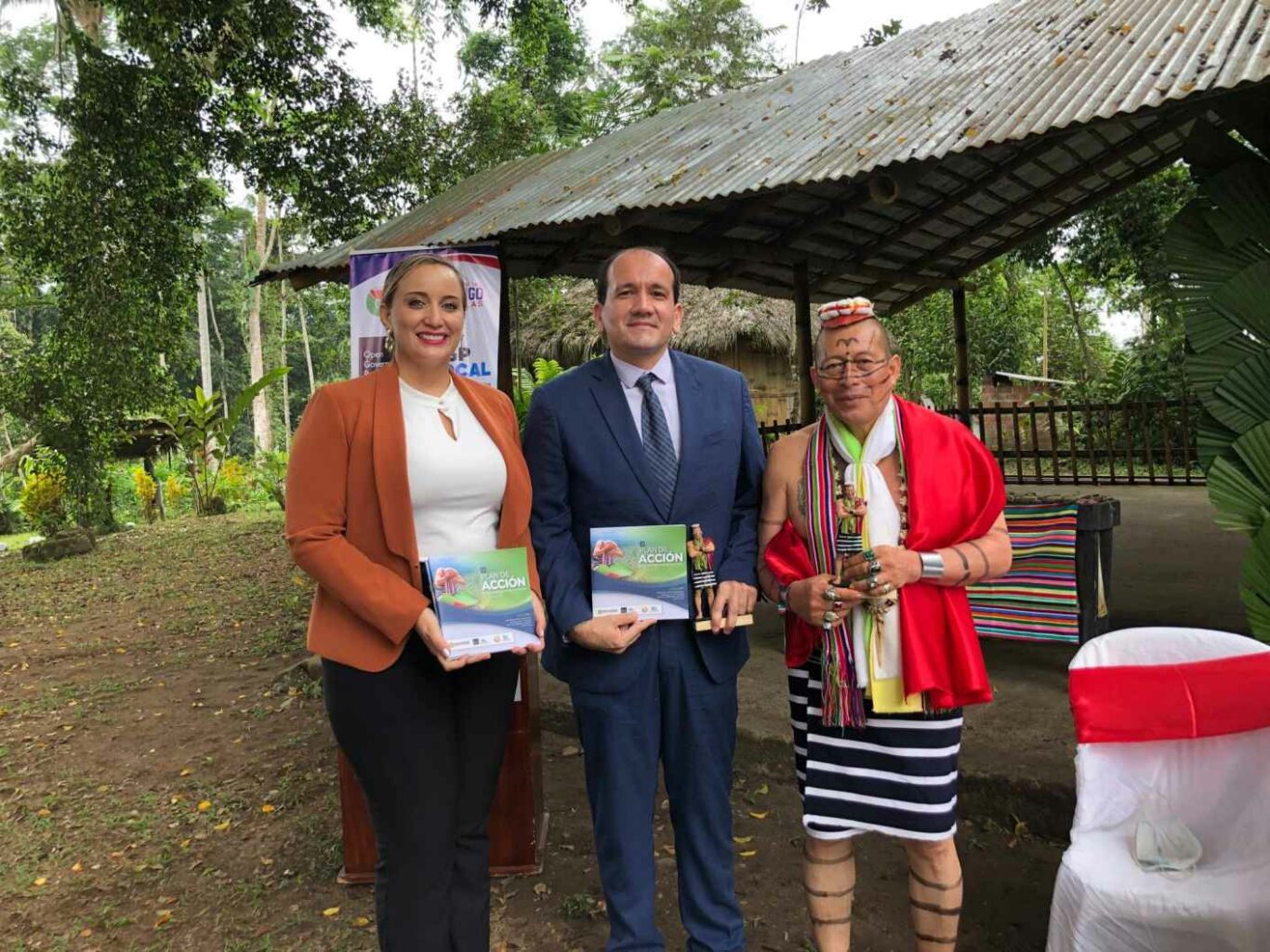Driving civic tech from the middle of the world
Words by Eduardo Bejar • Feb 20 2023
Civic tech has become increasingly important in recent years as technology continues to shape the way we interact with the public sector and our communities. The widespread adoption of the Internet, social media, and the boost to open government have created new opportunities for citizens to engage and participate in the democratic process. However, the evolution of technology has also brought new challenges. One of the most significant is the existing digital skills division that disproportionately affects marginalized communities, such as low-income individuals and minorities.
Nevertheless, going back 20 years ago, accessing the necessary tools and knowledge to create solutions for public problems was difficult and often out of reach for many organizations. However, over the past two decades, there has been a significant shift in the way technology is used to address these issues. Today, it is easier than ever, for those who have the privilege, to access the knowledge needed to develop digital tools that can contribute to solving public problems.
However, there are other challenges to face, such as the lack of trust in government and institutions, fueled by the lack of transparency and accountability, and the limited participation of citizens in public decisions. This is an area where open government and open data initiatives have made significant contributions, including the development of public sector web portals that make it easier for citizens to access and use government data.
Introducing Fundapi
When Fundapi started in Ecuador in 2001, its main objective was related to providing access to connectivity for people who did not have the economic or geographical means to do so. In this 20-year period, the organization has evolved to work on the use of new technologies for social change and the development of civic technology as a catalyst to introduce reforms in the public sector that boosts citizen engagement, in the context of the challenges mentioned.

Fundapi‘s recent civic tech projects include:
- Compras Abiertas, a digital platform for monitoring and tracking public procurement processes in Ecuador, including predictive analysis based on machine learning algorithms;
- Vulneraciones, a visualization of reports of threats to human rights during the pandemic COVID-19;
- ¿Dónde se invierte?, a tool to review the main investments made in the country in the energy, telecommunications, and infrastructure sectors; and,
- ¿Quién está detrás?, a solution to find information about the people who are beneficial owners of companies awarded public sector contracts.
Our technical work has been combined with advocacy efforts around public policies in Ecuador, such as collaboration in the co-creation processes of the National Open Data Policy and the National Open Data Portal. Furthermore, as members of the Multi-stakeholder Forum in the construction of the first and second Ecuadorian Open Government National Action Plan, and the first Santo Domingo de los Tsáchilas Province Open Government Plan, within the Open Government Partnership.

What’s next?
Participating in the Code for All Network means, for Fundapi, integrating into a collaborative space to learn from experiences related to civic technology, transparency, citizen participation, and social change that have been applied in other territories. In addition, we are excited to share with the network the path and lessons learned from Ecuador, and add them to the collective knowledge of the network made up of leading organizations in their countries and in the global context.
As Fundapi, we are already looking forward to this involvement and the constant learning we expect to happen in the time to follow.



